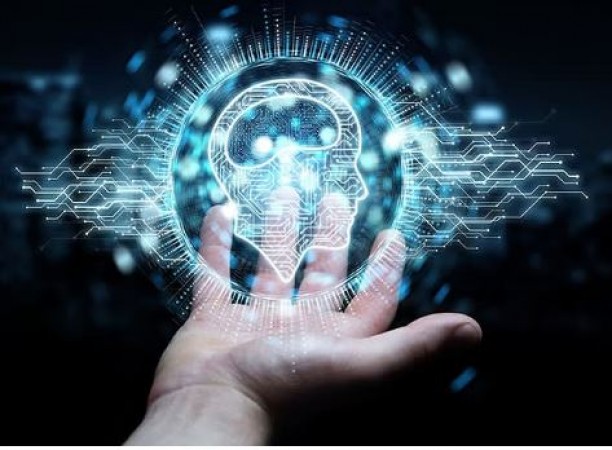
AI (Artificial Intelligence) has emerged as a transformative force with profound implications for various sectors of society, including healthcare, finance, transportation, and education. The rapid progress of AI technologies has led to numerous benefits, enhancing efficiency, and productivity in many industries. However, the widespread integration of AI also comes with its own set of challenges and potential harmful effects that need to be addressed.
Also read: Light-Based Computing: The Future of Faster Data Processing
Ethical Concerns
a. Bias and Discrimination: AI systems can perpetuate existing biases present in training data, leading to discriminatory outcomes in crucial domains such as hiring practices, criminal justice, and loan approvals. Without careful monitoring and proper oversight, AI could exacerbate social inequalities.
b. Autonomy and Decision-Making: As AI becomes more advanced it may have the ability to make autonomous decisions, raising questions about responsibility and accountability. Ethical dilemmas arise when AI systems make decisions that have significant consequences for human lives.
c. Privacy and Surveillance: AI-driven surveillance technologies could jeopardize individual privacy rights, as massive data collection and analysis could lead to invasive monitoring and manipulation.
Also read: The Revolutionizing Role of Artificial Intelligence in Healthcare
Unemployment and Economic Disruption
a. Job Displacement: AI automation has the potential to replace human workers in various industries, leading to job losses and potential socio-economic upheaval. The shift to a heavily automated workforce might leave a significant portion of the population unemployed or underemployed.
b. Income Inequality: The benefits of AI adoption might not be evenly distributed, leading to a widening gap between the rich and poor. Those with access to AI technology and skills could gain substantial advantages, further increasing income disparity.
c. Reskilling and Adaptation: The need for new skills and adaptability in an AI-driven job market may prove challenging for many workers, especially those with outdated skill sets or limited access to education and training.
Also read: The Excess of Screen Time: A Modern Dilemma
Social Isolation and Mental Health
a. Loss of Human Interaction: The increasing integration of AI and virtual communication technologies could lead to a decline in face-to-face interactions, potentially impacting social bonds and community cohesion.
b. Mental Health Concerns: Excessive reliance on AI interfaces and virtual environments may lead to feelings of loneliness, anxiety, and depression. The lack of genuine emotional connections with AI-driven systems could have detrimental effects on mental well-being.
Security Risks
a. Cybersecurity Threats: As AI becomes more pervasive, the potential for cyberattacks and data breaches also increases. Sophisticated AI tools could be utilized by malicious actors to carry out highly targeted and damaging attacks.
b. Weaponization of AI: Autonomous weapon systems, such as AI-powered drones, pose significant risks if they fall into the wrong hands or malfunction, leading to unintended consequences or potential war crimes.
c. AI-enabled Misinformation: The rapid generation and dissemination of AI-generated content could fuel the spread of misinformation and deepfake technologies, undermining trust in media and causing social unrest.
Also read: Martial Art Majesty: The Diverse Styles of Kung Fu Revealed
Loss of Human Expertise and Creativity
a. Dependency on AI: Relying heavily on AI systems for decision-making and problem-solving could diminish human creativity and expertise, as individuals may become overly reliant on AI-generated solutions.
b. Erosion of Traditional Skills: The integration of AI in various domains could lead to the depreciation of certain skills and knowledge, potentially causing a loss of cultural heritage and traditional practices.
The future potential of AI is both promising and concerning. While AI has the power to revolutionize industries and improve the quality of life, it also poses a range of harmful effects that need careful consideration and mitigation. Policymakers, technologists, and society as a whole must work together to establish robust ethical frameworks, ensure equitable access to AI benefits, and address potential risks and challenges. By proactively addressing these issues, we can harness the potential of AI while minimizing its harmful effects and creating a more inclusive and responsible AI-driven future.
Also read: Fascinating Facts About the Human Brain: The Most Complex Organ
Classic Card Tricks: Unveiling the Enchanting World of Card Magic